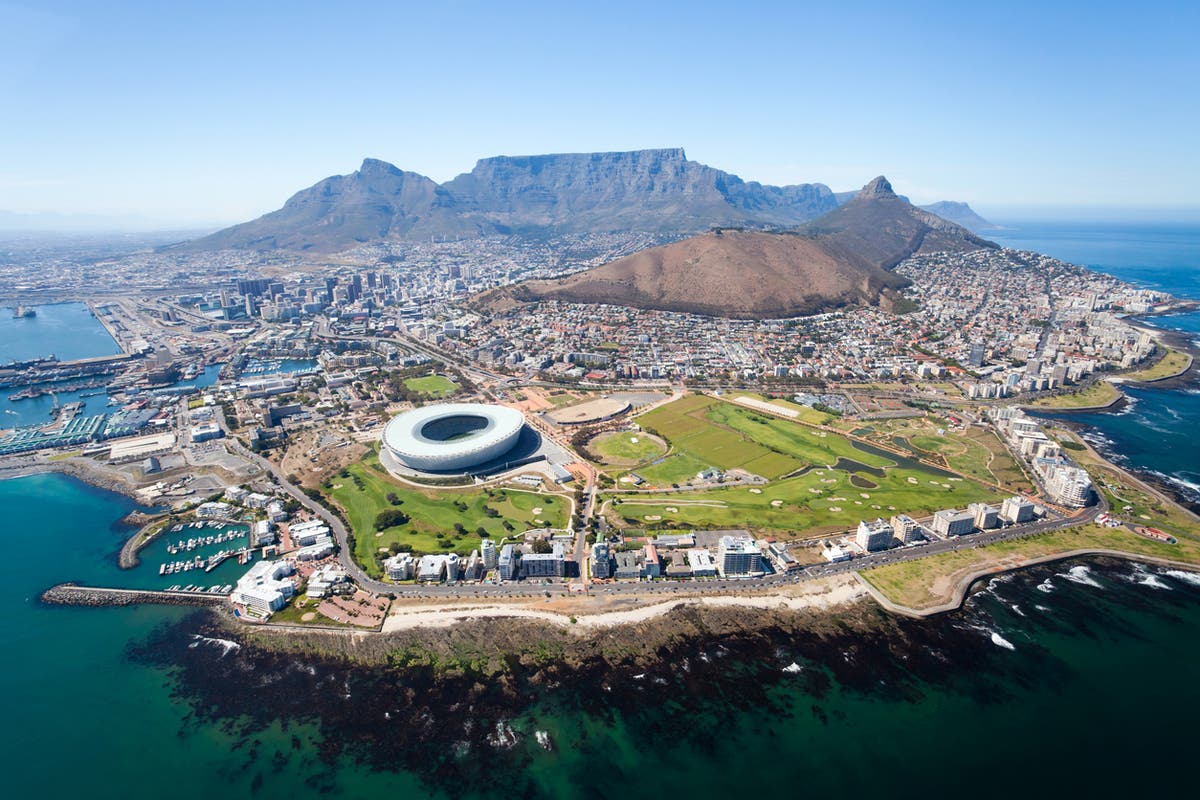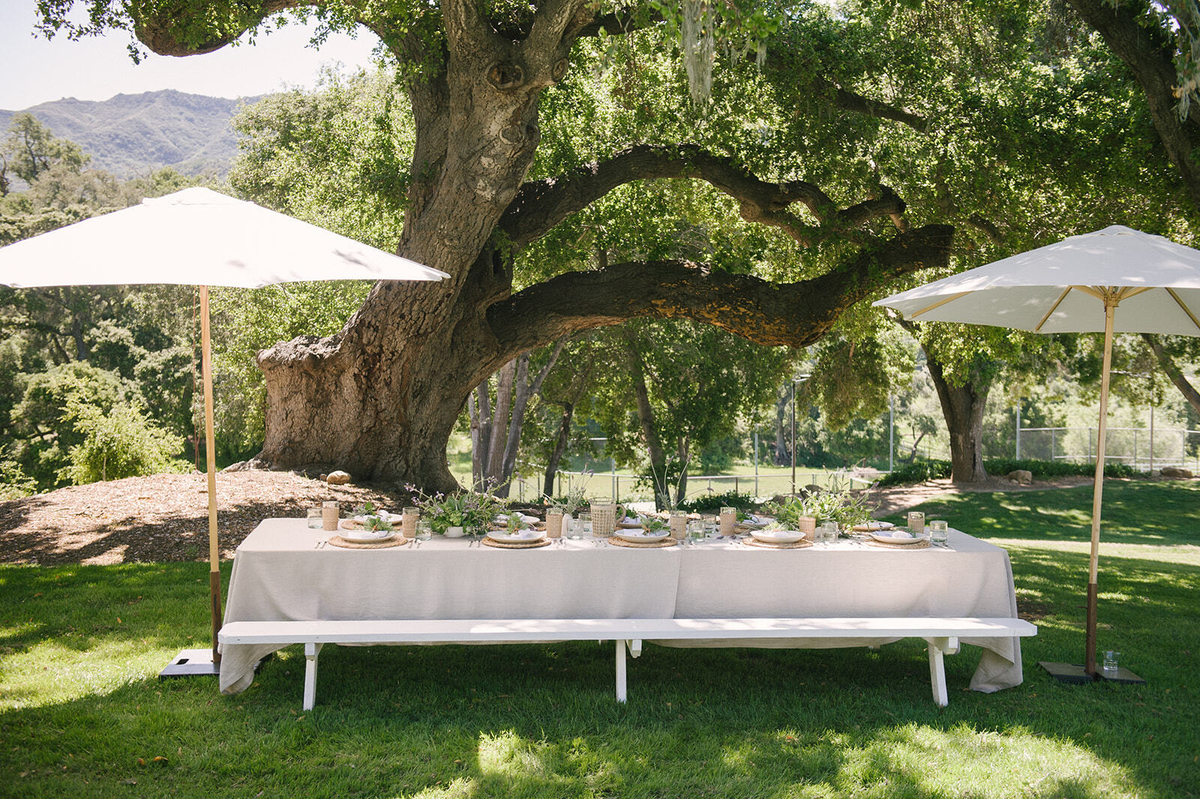Why You Should Consider a Gas Grill (and Three to Check Out)
When charcoal grills are too dirty and electric grills are too clean, look to the gas grill.

We may earn a commission from links on this page.

Credit: Arina P Habich / Shutterstock.com
The only type of grill I ever saw growing up was one fueled by propane gas—they were at both of my parents’ houses, and at all of my friends’ homes. That’s not to say that charcoal grills aren’t a popular and high-quality option (read here to see if charcoal is right for you), but something about the large size and ease of using a gas grill feels very “family nest” to me. If you’re weighing the options for your next summer cookout, consider a gas grill.
Gas grills in this post:
Is a gas grill right for you?
Gas grills can be great long-term outdoor fixtures that can anchor the space of a patio or backyard. They used to be primarily large boxy grills, but now they come in a wide variety of sizes (and so do the gas tanks)—those big enough to cook a 20-person feast, down to more portable folding propane grills for camping. Regardless of the size you choose or whether you want folding side tables or not, gas grills boast a number of pros compared to other grill types.
Easy to use. Unlike a charcoal grill which can take some practice and accessories to properly get going, modern gas grills start with a twist of a knob and a click of a button.
Cleaner fuel. If the plumes of smoke that come along with other grills bother you, it might be a good idea to go gas. Gas burns cleaner than charcoal—which is a trade-off in regard to flavor—but you won’t have to worry about smoking out your neighbors even with the occasional burger-juice flare up. If you have natural gas set up at your home, many grills can hook up to that line too (which is great if you hate refilling your propane tank).
Temperature control. Starting up the grill isn’t the only thing that’s done with a dial; you get precise temperature control with a gas grill. Gone are the days of prodding charcoal over to one side or wondering if your heat is too high.
Peace of mind. While you can use a charcoal grill safely, there is a degree of peace of mind that comes with a grill that doesn’t involve stoking flames and nursing embers. Gas grills can live in a spot next to the house, so you don’t have to observe a safe distance from buildings, and you don’t have to wait for any embers to die out completely. When you turn it off, it’s off.
For a portable option, consider the Coleman RoadTrip Standing Propane Gas Grill
If you frequently enjoy a weekend camping trip with friends or family the Coleman RoadTrip is something to consider. It folds flat-ish, has sturdy wheels and three adjustable burners. It operates on one-pound gas canisters which means you don’t have to take up precious trunk space with a 20-pound propane tank.
For a natural gas grill, check out the Weber Spirit 3-burner Gas Grill
You can’t always convert propane gas grills to natural gas, so if you’re set on hooking it up to your house's natural gas line then the Weber Spirit is worth checking out. It has a built-in thermometer to help you monitor the temperature while the lid is closed, and it even comes with a 10-foot natural gas hose. With 529 square inches of cooking surface, you’ve got a decent sized main grilling area with an additional warming rack.
If you love bells and whistles, take a gander at the Weber Summit Gas Grill
This grill is monumental, and about as much of a patio fixture as you can get. While it comes with a hefty price tag, this is the type of unit that should last you five to 12 years or longer depending on how you maintain it.
This grill has four main burners, a smoker option, a side burner for pots or pans, and a rotisserie feature. Plus it has that classic backyard, gas-fueled grill look. The Weber Summit is set up for either propane or natural gas.
Safety first
It may not be the glamorous part of grilling, but safety is crucial to making sure your summer doesn’t go up in flames. While you don’t have charcoal embers kicking around, gas is your invisible opponent.
Gas safety involves being mindful of gas leaks, and preventing gas build up. If you smell gas and there’s no reason for that (like the grill is off), don’t light anything nearby, make sure all gas valves are closed, clear the area, and call emergency services to help you find out if you have a gas leak.
Always open the lid of the grill before you click on the gas. This will prevent a gas pocket building under the hood before you ignite it, and gives you a chance to take a look around. Clean the grates while you're in there. It’s also a good idea to keep a fire extinguisher nearby just in case.

Allie Chanthorn Reinmann
Staff Writer
Allie has been Lifehacker’s Food Writer since 2021. She earned her bachelor’s degree at Ithaca College in drama and studied at the Institute of Culinary Education to earn her diploma in Pastry and Baking Arts. Allie worked professionally as a private chef for over a decade, honing her craft in New York at places like Balthazar, Bien Cuit, The Chocolate Room, Billy’s Bakery, and Whole Foods. She spent evenings as a chef instructor, and also earned a master’s degree at Hunter College for teaching English. Allie’s YouTube channel, Thainybites, features recipes and baking tricks. She lives in Brooklyn, NY.

 Kass
Kass 
































